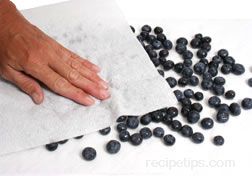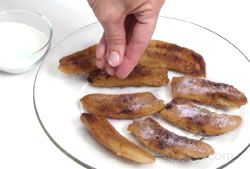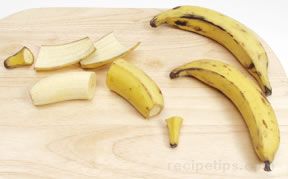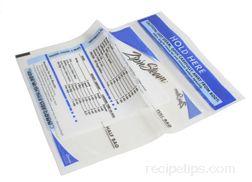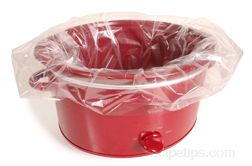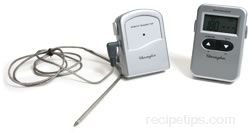Similar Content to: Carry-Over Cooking
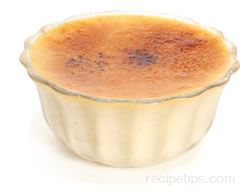
Cooking Torches are typically built with safety locks, holding stands so they don't need to be laid down on counters, contours for ease of handling, anti-flare flame and flame guard features, and continuous flame lock levers which keep a constant rather than an intermittent flame burning. Some of the typical foods that use a Cooking Torch include: desserts such as crème brûlée, baked Alaska, or desserts with confectionary toppings; foods with melted cheese and breaded toppings such as onion soup gratinée or vegetable gratins; blackened vegetables; and any other food requiring a surface dressing from heat. Desserts such as crème brûlée are heated over the surface to melt the sugar coating into a caramelized topping. Similarly, chocolate ganache or cake tarts are heated to give the dull surfaces a glossy appearance. Desserts with meringue toppings or toasted marshmallows which need to be browned are easily heated with a Cooking Torch. Cheese and bread toppings on onion soups, vegetable gratins, and small cheese covered toasts are often melted with a torch so the cheese has a thick, smooth and creamy-textured result as it rests on the surface of the food. Roasted vegetables such as chile peppers or sweet peppers also use the torch to provide the darkened roasted texture and flavor to the outside skins.





